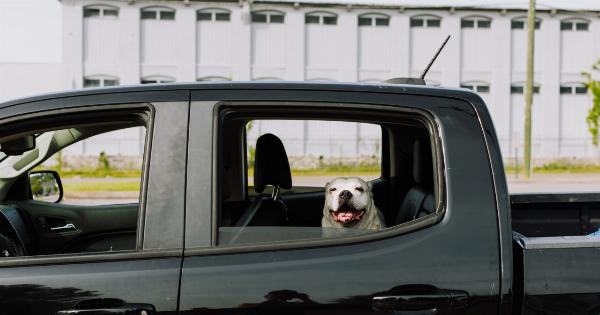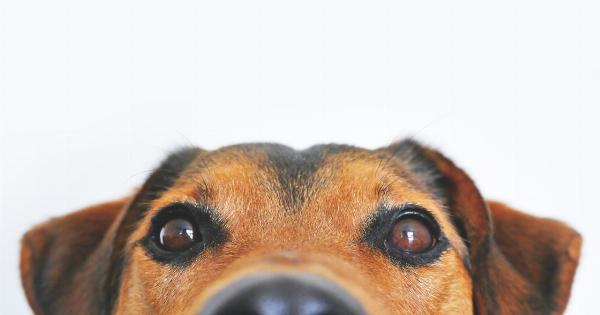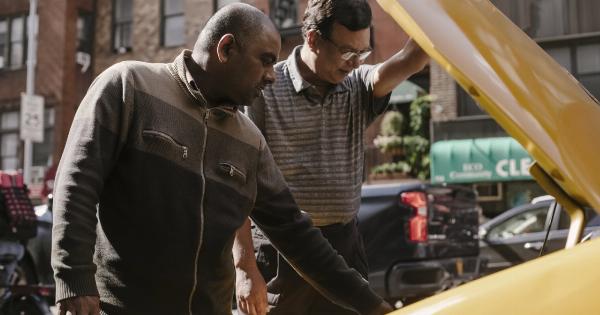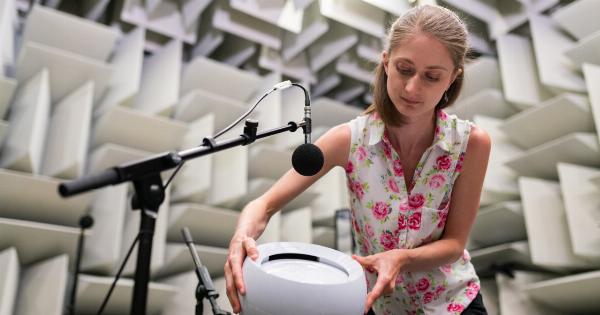Car noise can be annoying but more than a simple annoyance, loud car noise can damage your ears.
According to the National Institute on Deafness and Other Communication Disorders (NIDCD), about 15% of Americans aged 20 to 69 years old have hearing loss due to loud noise exposure at work or during leisure activities. Loud car noise is one of those leisure activities that can lead to this kind of hearing loss. This article will discuss how loud car noise can damage your ears and what measures you can take to prevent it.
How loud is too loud?
Sound is measured in decibels (dB). The higher the dB level, the louder the sound. Exposure to sounds louder than 85 dB can cause hearing damage. A typical car engine generates between 70 dB and 85 dB of noise.
Therefore, prolonged exposure to car noise can lead to hearing damage if the sound is too loud and too frequent. For example, if you drive on the highway with the window down, the noise level can reach up to 90 dB, which is equivalent to a chainsaw. At this level, you should wear ear protection to avoid hearing damage.
How loud car noise damages your ears?
When you are exposed to loud car noise, the sound waves enter your ear canal and vibrate the eardrum.
The eardrum then transmits the vibrations to the middle and inner ear, where the hair cells convert them into electrical signals that the brain interprets as sound. However, when the sound is too loud, it can damage the hair cells, leading to hearing loss. This damage is permanent and irreversible. Once the hair cells are damaged, they cannot regenerate.
The symptoms of hearing loss
Hearing loss is a gradual process, and the symptoms can be hard to notice at first. However, if you are exposed to loud car noise regularly, you should pay attention to any of the following symptoms:.
- Muffled or distorted hearing <li.Difficulty understanding speech, especially in noisy environments <li.Ringing, buzzing, or hissing sound in the ears (tinnitus) <li.Sensitivity to loud sounds or frequencies <li.Difficulty hearing high-pitched sounds
Who is at risk?
Everyone who is exposed to loud car noise is at risk of hearing loss. However, some people are more vulnerable than others, such as.
- Professional drivers, such as truck drivers or taxi drivers
- Car racing fans or mechanics who work on cars
- Cyclists who ride in noisy traffic
- People who have a history of ear infections or other ear conditions
- People who take medications that can damage the ear, such as some antibiotics, diuretics, or chemotherapy drugs
Preventing hearing loss from loud car noise
Preventing hearing loss from loud car noise is simple. Below are some measures you can take to protect your ears:.
- Avoid prolonged exposure to loud car noise by walking, cycling, or taking public transportation
- If you must drive, keep the windows up, and the music down <li.Use noise-canceling headphones or earplugs to reduce the noise level <li.Maintain a healthy diet rich in vitamins and minerals that support ear health, such as zinc, magnesium, and vitamins A, C, and E <li.Schedule regular hearing tests with an audiologist to monitor your hearing health
Conclusion
Loud car noise can damage your ears and cause hearing loss. It is essential to recognize the symptoms of hearing loss and take preventive measures to avoid exposing your ears to loud noise.
By following the tips mentioned above, you can protect your ears and maintain your hearing health.

























